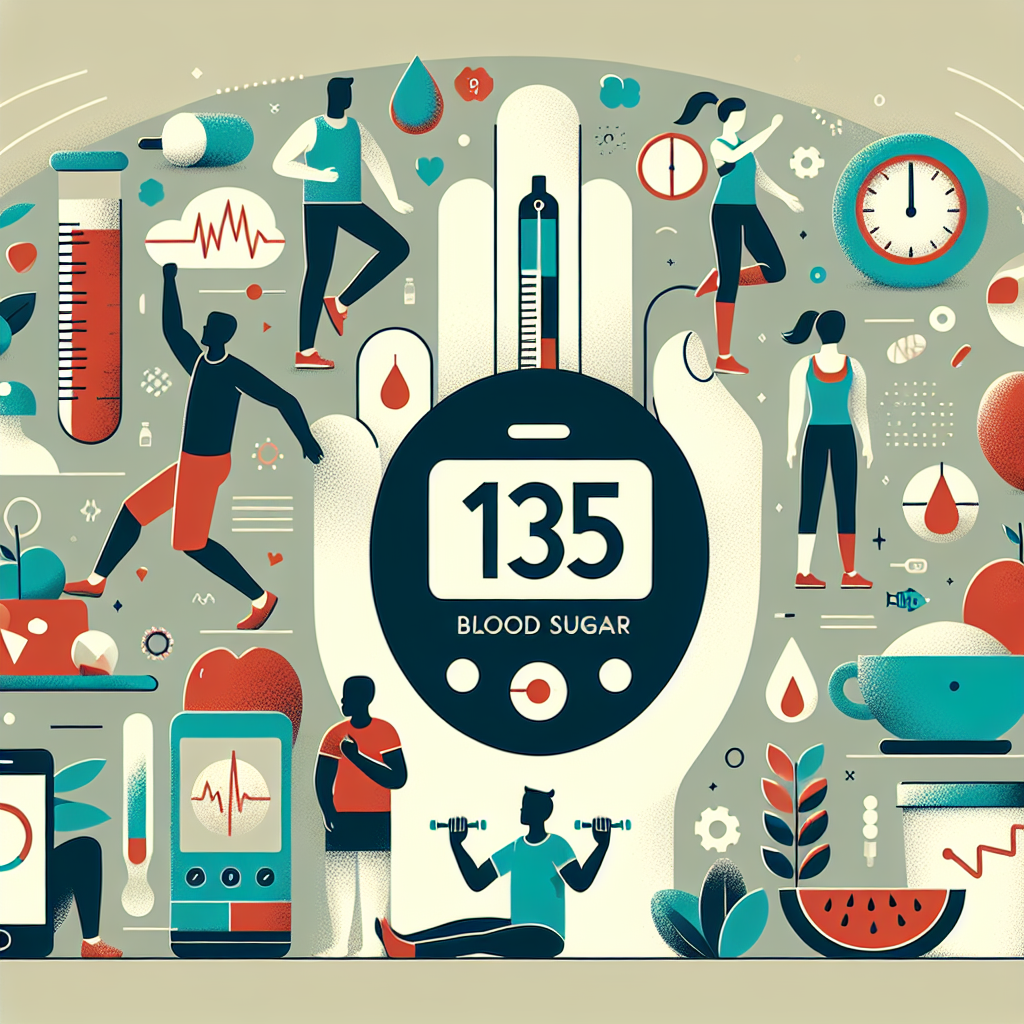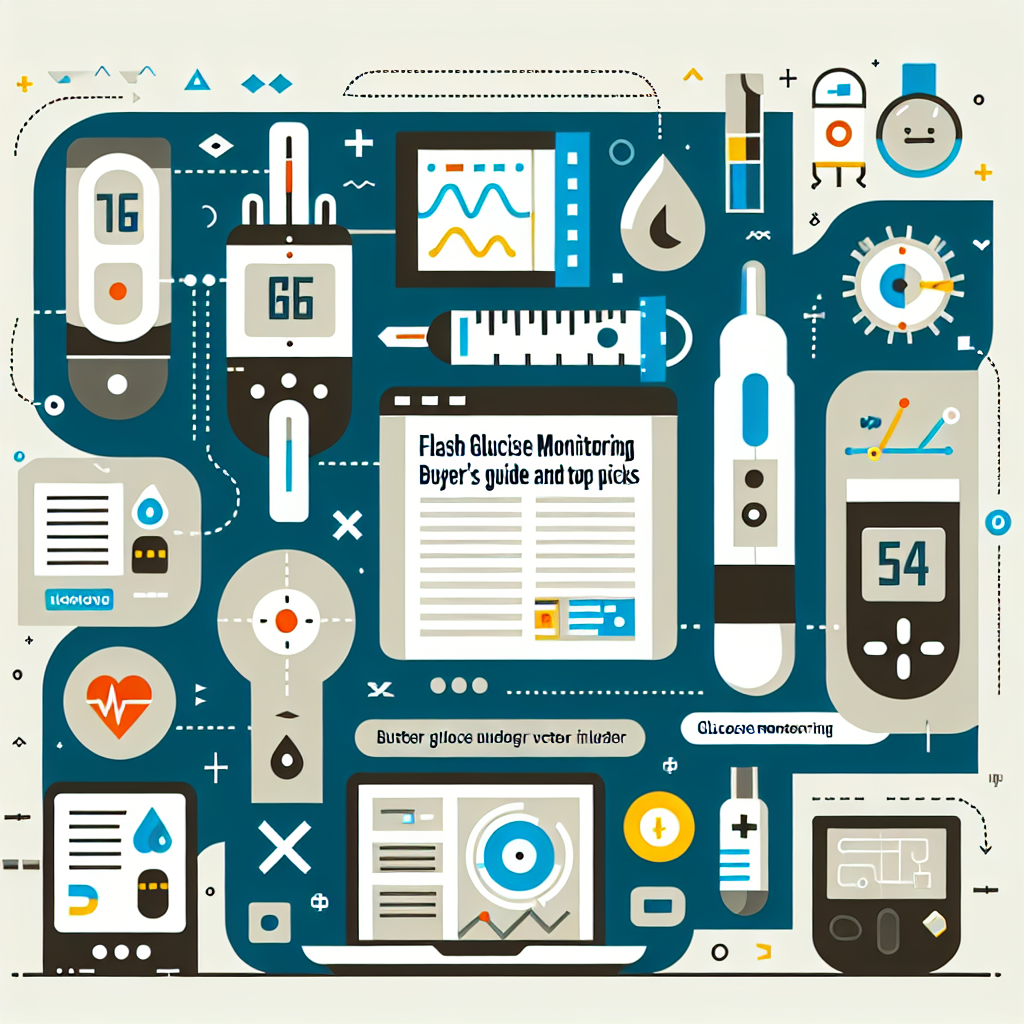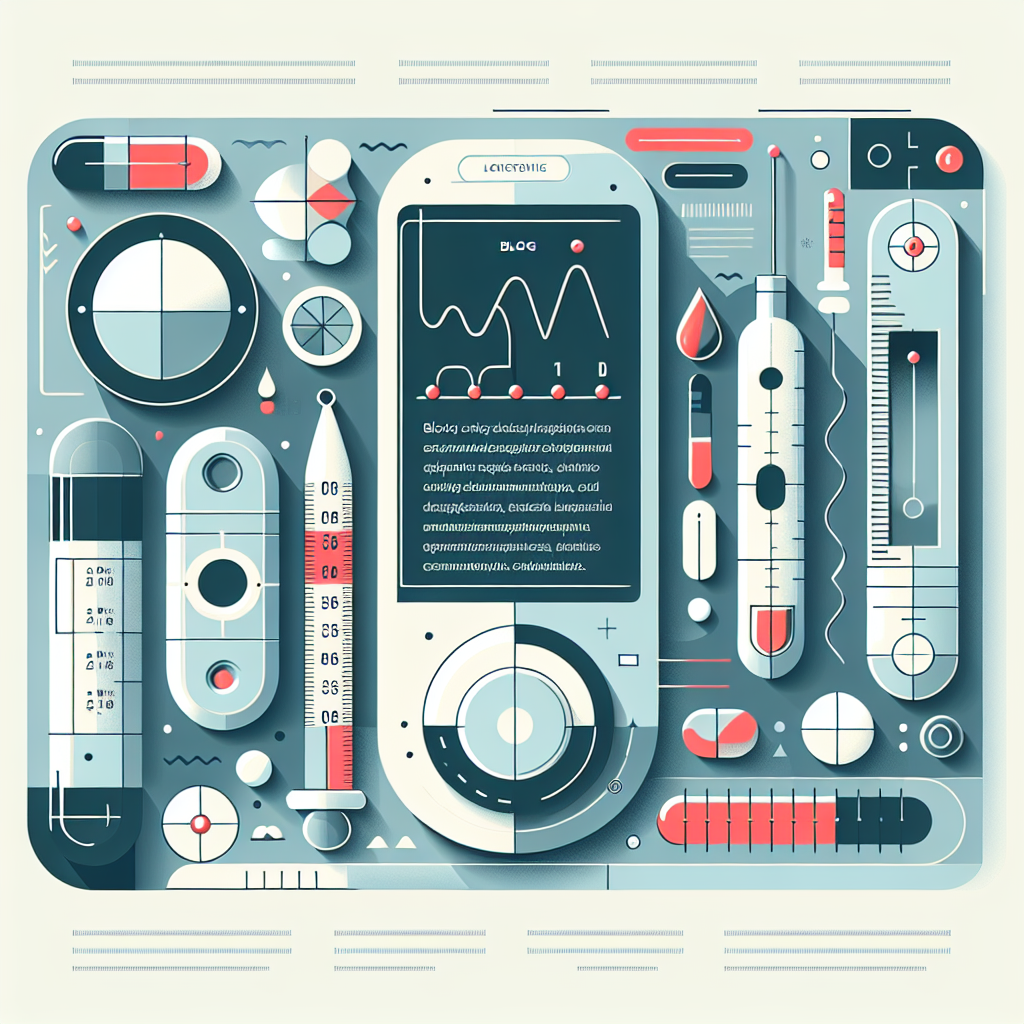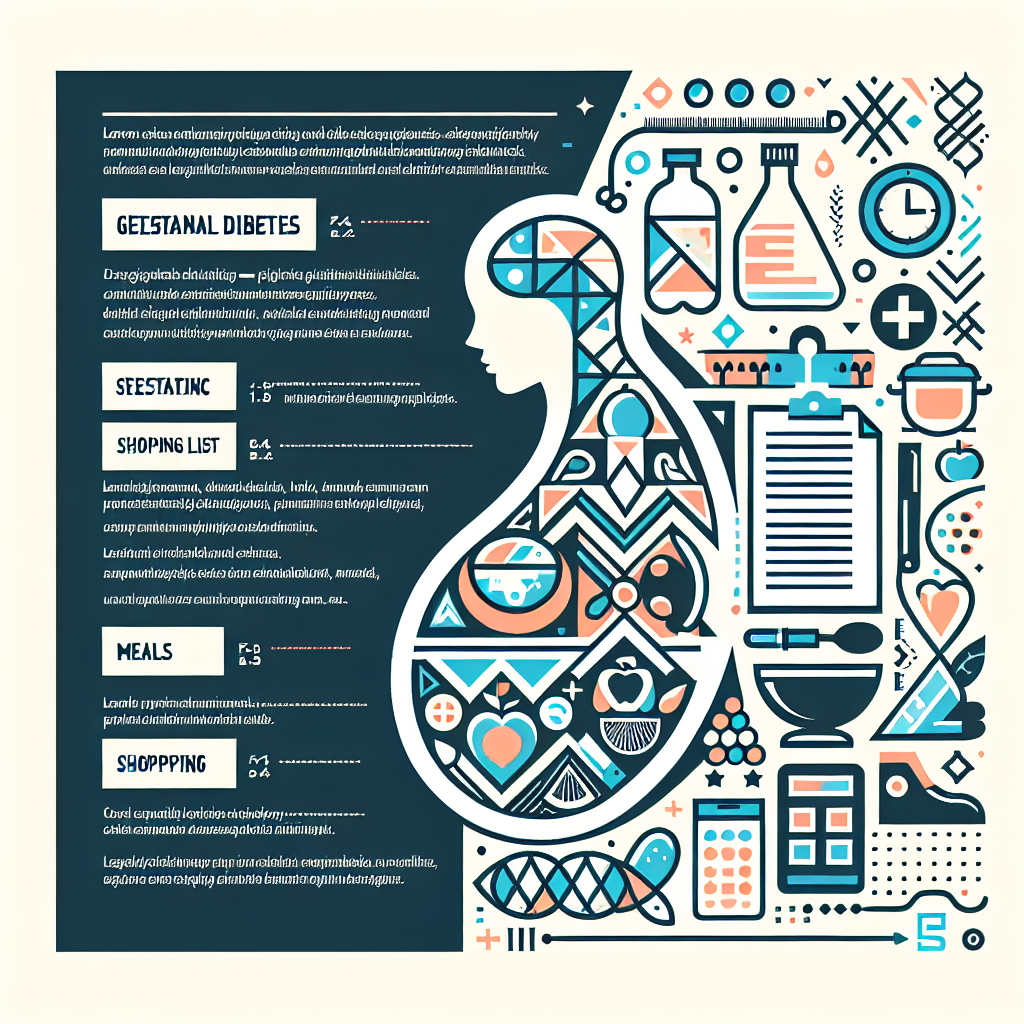If your meter reads 135 blood sugar high in the morning, it can be confusing and a little worrying. A single reading like this could reflect normal variability, an overnight rise, or a pattern that needs attention. Understanding what drives a morning reading — from hormones to late-night snacks — helps you decide when to adjust food, activity, or medication and when to consult your healthcare team.
Understanding high blood sugar in the morning
A morning reading signals your morning blood sugar levels and morning glucose status after an overnight fast. Many people ask, why does my blood sugar go up at night, or why does blood sugar go up when fasting? Two common reasons are the dawn phenomenon and the Somogyi effect. The dawn phenomenon is a natural rise in blood glucose due to early-morning hormone releases, while the Somogyi effect involves a rebound from nocturnal hypoglycemia. Both can cause a blood glucose level high in morning and explain high blood glucose in the morning or why is my blood glucose higher in the morning.
Common causes and terms explained
When you see elevated blood sugar in the morning, think about these possibilities:
- Hormonal changes that cause an insulin spike or reduced insulin sensitivity, producing elevated morning glucose and high glucose in the morning.
- Late-night eating or carbohydrate-heavy snacks that lead to high sugar readings in the morning.
- Medication timing — if insulin or diabetes pills wear off overnight, you may notice high fasting blood sugar or high fasting glucose.
- Unplanned blood sugar level spike from stress, illness, or missed doses — contributing to blood sugar spikes.
How to interpret a single reading and patterns
One measurement labeled as high blood sugar in the morning or high blood sugar levels in the morning doesn’t automatically signal poor control. Check morning sugar levels across several days to spot trends. Monitoring morning glucose levels over a week helps answer what should my blood sugar be when i wake up and whether readings like 135 represent a pattern of elevated morning glucose or an isolated blip.
Practical steps to respond
If you notice repeated morning glucose issues — such as consistently high glucose levels in the morning or frequent morning sugar levels above target — consider these steps:
- Track food and medication timing: adjust evening meals and test whether late carbohydrates lead to blood sugar level spike in the morning.
- Test at bedtime and overnight if advised: checking midnight or 3 a.m. readings can reveal whether nocturnal lows are followed by rebounds that cause high sugar in the morning.
- Discuss insulin timing or dose with your clinician to prevent insulin spike mismatches or high fasting blood sugar.
- Improve sleep and stress management, since poor sleep and stress can trigger blood sugar spikes and affect morning blood sugar.
For people managing diabetes, understanding medication strategies and lifestyle changes is important. If you want a detailed, condition-specific approach, see this comprehensive guide to Type 1 and Type 2 diabetes treatment for 2024 for practical therapy and self-care tips.
When to seek medical advice
Contact your healthcare provider if you have persistent high glucose in the morning, sudden blood sugar spikes, or if you’re unsure why is my blood sugar high in the morning. They can help determine whether why is my blood sugar level higher in the morning, why is my fasting blood sugar high, or why is my glucose high in the morning applies to your situation and advise on adjustments.
Short list: immediate actions
- Repeat the fasting test for several mornings to confirm pattern of high sugar readings in the morning.
- Record evening meals, snacks, and medications to identify contributors to blood sugar level spike.
- Talk with a clinician about testing overnight to see whether nocturnal lows are followed by rebound highs — this answers whether why is my blood sugar high in the morning relates to overnight lows.
FAQ
Q: What causes glucose spikes overnight and in the morning?
A: Multiple factors cause blood sugar spikes, including hormonal dawn effects, late-night carbohydrates, medication timing, stress, and illness — in short, what causes glucose spikes can be hormonal or behavioral.
Q: Is a morning reading of 135 bad and what should my blood sugar be when i wake up?
A: Targets vary by individual; many providers aim for fasting values below 100–130 mg/dL for people with diabetes, but personal goals differ. A single 135 reading may be acceptable for some; check trends and consult your clinician to interpret whether it represents an issue like high sugar in the morning, why is my sugar high in the morning, or why is my sugar level high in the morning.
Q: Where can I learn more about diabetes and blood glucose monitoring?
A: Authoritative resources like the World Health Organization’s diabetes fact sheet explain the condition and broader recommendations — see the WHO diabetes fact sheet for reliable information and global context: World Health Organization diabetes fact sheet.






